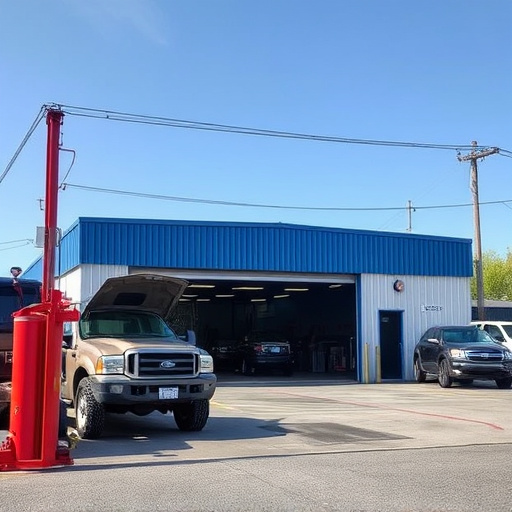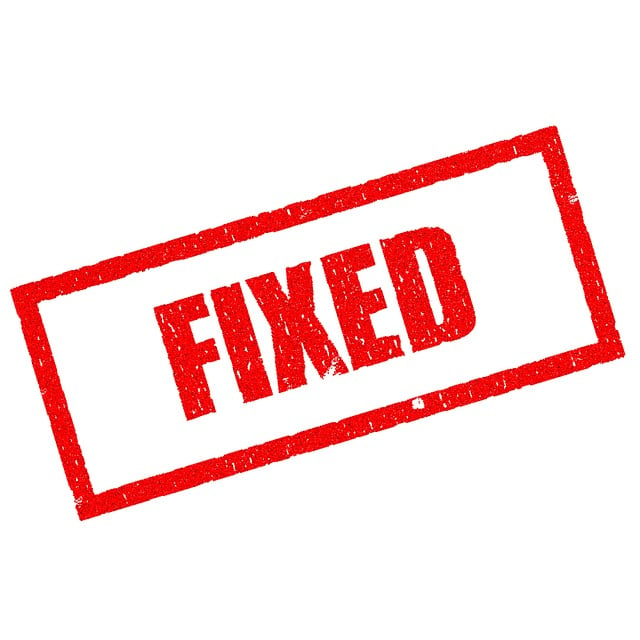Insurers should recognize and escalate complex insurance claims involving significant property damage or unique circumstances to ensure fair, accurate, and timely resolution. Clear guidelines, effective communication through active listening and simple language, and understanding legal obligations are crucial for managing disputes while maintaining integrity in insurance claim management processes.
Insurers often face challenges when managing claims, with disputes escalating when initial resolutions fail. This article explores the crucial aspects of navigating these complex scenarios. We delve into recognizing when a claim requires escalation, understanding legal and ethical obligations, and implementing effective communication strategies. By adhering to these guidelines, insurance professionals can ensure fair and efficient resolution, enhancing customer satisfaction and maintaining the integrity of the claim management process.
- Recognizing Complex Claims Requiring Escalation
- Legal and Ethical Obligations in Dispute Escalation
- Effective Communication Strategies for Disputed Claims
Recognizing Complex Claims Requiring Escalation

Insurers and claim management teams often encounter situations where a seemingly straightforward insurance claim management process takes an unexpected turn. Recognizing when a dispute requires escalation is a critical aspect of efficient insurance claim management. Complex claims, such as those involving significant property damage or unique circumstances, may demand specialized attention. For instance, a car scratch repair that leads to a protracted debate over liability could escalate into a larger issue, especially if it involves substantial financial implications or intricate legal considerations.
Effective identification of these complex scenarios is key. Signs may include discrepancies between initial assessments and detailed investigations, unusual claim patterns, or when the dispute involves specialized services like vehicle restoration at a collision center. Insurers should establish clear guidelines for escalating claims, ensuring a structured approach that facilitates prompt resolution while maintaining fairness and accuracy in insurance claim management.
Legal and Ethical Obligations in Dispute Escalation

In the realm of insurance claim management, escalating disputes is a complex process that comes with significant legal and ethical obligations. When a claimant and insurer fail to resolve an issue amicably, it’s crucial for both parties to understand their rights and responsibilities under the law. Insurers are legally bound to handle claims fairly and reasonably, ensuring all communications and actions adhere to regulatory guidelines and industry standards. This includes providing timely responses, accurate information, and offering suitable resolutions within the scope of the policy.
Ethically, insurers should uphold integrity and transparency throughout the dispute process. Engaging in deceptive practices or exploiting loopholes can damage their reputation and lead to legal repercussions. Conversely, claimants also have obligations, such as presenting valid documentation and cooperating with investigations. When disputes escalate, especially involving complex cases like significant fender repairs or comprehensive car body shop services, both parties must navigate this delicate balance, ensuring the integrity of the insurance claim management process.
Effective Communication Strategies for Disputed Claims

In insurance claim management, effective communication strategies are paramount when disputes arise. The initial step involves clearly defining the issue and gathering all relevant information to ensure a comprehensive understanding of the claim. This includes documenting every interaction with the insured, reviewing policy terms, and verifying the accuracy of submitted documents. A structured approach to communication ensures that both parties are on the same page, reducing misunderstandings and facilitating a smoother resolution process.
For complex or disputed claims, employing active listening techniques can significantly enhance outcomes. Insurers should encourage open dialogue, allowing insured individuals to express their concerns and share details that might be crucial for assessing the claim. Additionally, using simple and transparent language ensures clarity in explanations of coverage, deductibles, and expected steps for resolution. This is particularly important when dealing with non-standard cases, such as unique vehicle dent repair or car restoration scenarios, where specialized knowledge may be required to appreciate the claim’s nuances.
When dealing with complex insurance claims that require escalation, it’s crucial to balance legal and ethical obligations while employing effective communication strategies. By recognizing when a dispute needs escalating, understanding the legal framework involved, and using tailored communication methods, insurance claim management can ensure fair resolutions. These steps are vital for maintaining client satisfaction and upholding the integrity of the claims process.













